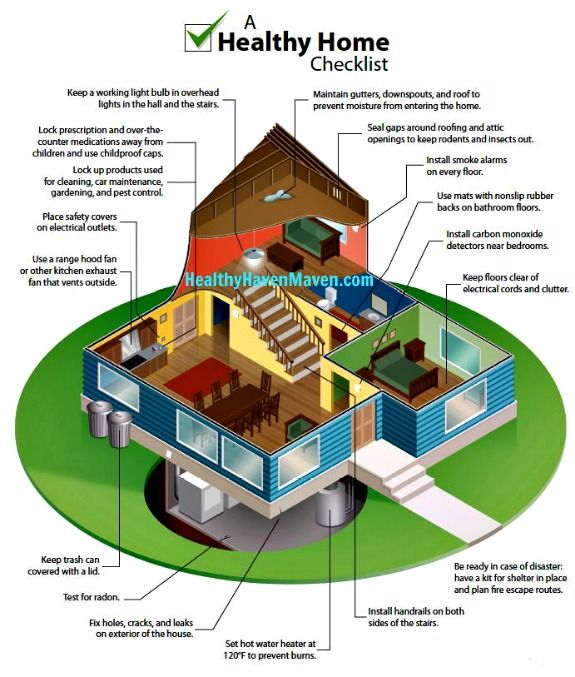Exploring The Ecological Advantages Of Warmth Pumps - A Sustainable Home Heating Option
Exploring The Ecological Advantages Of Warmth Pumps - A Sustainable Home Heating Option
Blog Article
Material By-Glass Otto
In a period where sustainability and power performance are extremely important, lots of businesses seek environment-friendly heating solutions. One such option is the heat pump.
A heatpump removes the heat in its environments and pumps it into your home, leading to one of the most effective eco-friendly main heating systems around. This procedure additionally creates zero greenhouse gas discharges, making it a very lasting modern technology.
Energy Performance
Heatpump are extremely power reliable and call for little upkeep. They use less electrical energy than other furnace and are without a doubt one of the most environmentally friendly. They function well with rooftop solar and can often pay for themselves in energy savings alone.
They can also supply cooling, which is great for garage workshops, attic hangouts and bonus offer rooms, and home enhancements without extending the existing ductwork. They can also be used for retrofits in existing homes with hydronic (water-based) distribution systems such as reduced temperature radiators or glowing floorings.
Seek designs with SEER and HSPF rankings that fulfill or exceed Canada's minimum criteria, in addition to the criteria in your area. Higher ratings indicate better performance, which conserves you cash over time and minimizes your carbon footprint. You may also receive discounts and motivations! The most effective systems are those with a ground heat exchanger for included performance. These devices can soak up thermal power from the ground during the winter and extract it in the summer season.
floor or wall mounted heat pump on power and essentially move warmth from the air, also when it's cool exterior. They are able to extract the complimentary heat trapped in air bits and relocate them inside your home, decreasing humidity while doing so.
Compared to gas heaters, contemporary heatpump utilize less than one kilowatt of electrical power per kilowatt of heating power they produce. This makes them one of the most power efficient heating alternative offered with a POLICE (Coefficient of Efficiency) of 4 or even more. By slashing the demand for nonrenewable fuel sources, heat pumps help in reducing greenhouse gas emissions and cut other major air toxins.
Structure decarbonization is a global vital, and the cooling and heating market is a key driver of that process. Whether it's investor making web zero commitments, plan manufacturers setting emissions limits, or occupants demanding greener rooms, electric heat pumps are being acknowledged as an essential service. They are a cost-efficient method to lower carbon exhausts by removing the requirement for nonrenewable fuel sources in structures.
Versatility
Heatpump can be utilized in many kinds of homes and buildings-- with or without air ducts. They deal with hot-water radiators, air-conditioning and programmable thermostats. They can change heating systems or be set up in new houses. discover this can operate on solar panels, geothermal systems or perhaps district home heating sources like wastewater.
They're great at delivering more heat per energy device. For example, an air-source heatpump creates up to three or more home heating devices from each electrical energy device it consumes.
Getting one of the most from your heatpump will certainly rely on your environment area and quality of insulation. Seek versions with power STAR scores and compare their SEER or HSPF specs. In warmer environments, focus on SEER; in chillier regions, take into consideration a system with a greater HSPF score. Furthermore, buy air securing and insulation to lower the load on your heatpump. That will certainly improve power efficiency and help you reach your Net Zero objectives much faster.
Biomass Boilers
Biomass central heating boilers use wood pellets, chips or logs to produce warmth and warm water. They are a good option for off-grid residential or commercial properties or those who intend to leave the gas grid.
As a standalone heating system, biomass can provide adequate energy to keep your home warm all year round without the normal warm drop off of various other renewable modern technologies. They can additionally be made use of along with solar panels to increase savings and benefit from RHI settlements.
A downside of these systems is the ahead of time cost and regular fuel distributions. Typically, pellets will require to be blown right into a gas shop making use of a vacuum system or they can be manually fed into the central heating boiler through a receptacle. Logs are normally self-sourced from close-by forest or purchased wholesale. Along with this, they need hand-operated loading and might need cleaning regularly.